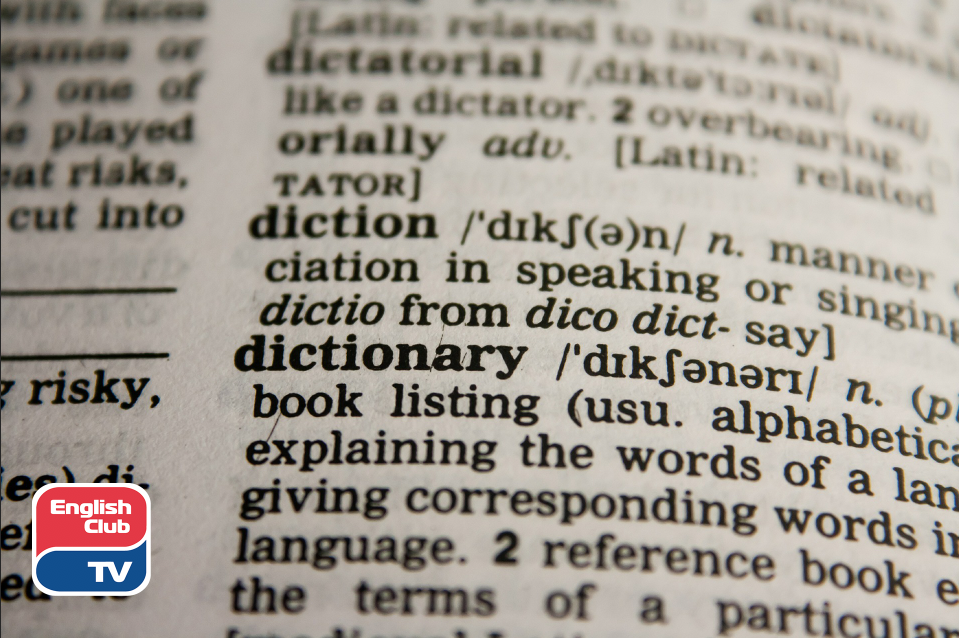Learning the correct pronunciation of the word and its literal translation, clarifying the additional meanings — all this cannot be done without an English dictionary. Why you need dictionary, which one is better to choose and how to make it by yourself — this is what our article is about.
Which kinds of English dictionaries exist?
All dictionaries are divided into encyclopedic and linguistic. You will need the latter — they describe words, phrases, etc. All linguistic, in turn, are divided into translational, explanatory, spelling, dictionaries of synonyms and antonyms, orthoepiches dictionaries, etc.
Which English dictionary will you need?
As a rule, after mastering the grammar, you begin to actively replenish your vocabulary and repeat what you have learned, putting new words into practice. Regardless of your level of English, you will equally need a translation, explanatory dictionary and a dictionary of synonyms and antonyms.
1. Translation dictionary. They are common and scientific. If you are just starting to learn English, you can use a common general English dictionary. If you study business English or another area (psychology, pedagogy, anatomy, etc.), besides the general dictionary you will need also scientific — it contains a list of specific terms.
2. Explanatory dictionary. Typically, this is a monolingual dictionary that explains the lexical meaning of words. Be sure to use it if your level is Intermediate and higher.
Advantages of the English-English dictionary:
– you learn the meaning of a word, not just translation — in English some words can have several meanings (depending on the context, in which a word is used);.
– you expand your vocabulary — learn new words which you find in the description;.
– you learn to think in English.
3. Dictionary of synonyms and antonyms. It contains a list of similar and opposite in meaning words. Its main advantage is that you learn new words and repeat what you have already learned.
Advantages of electronic English dictionaries
Electronic dictionaries are the most convenient and here are a few reasons for that:
- Compactness. You don’t have to take heavy books with you — all the variety of words can be found with the help of your phone/tablet;.
- Multifunctionality. You can read the translation, the transcription and the meaning of the word at the same time. If you don’t know how to read transcriptions, you can listen to the pronunciation of the word;.
- Mobility. For 1 second you will find the word you need, just enter it in the search box;.
- Modernity. New words are constantly added to the dictionary, there may be a list of slang and colloquial words;.
- Practice. You can be offered interactive exercises to repeat the words you have learnt and the examples of sentences with the words you need, so that you will understand their meanings better.
What is a thematic vocabulary-notebook?
English, as a rule, is studied thematically — you pass a unit after unit on a certain theme (music, sports, hobbies, etc.). Therefore, you will need an English vocabulary where you will write down the words you need to memorize.
We recommend to divide the page of your vocabulary into 4 columns — a word, a transcription, a translation and an example of the sentence in which it can be used. As examples of the use of words in sentences, you may write down quotes from your favorite movies, TV shows, books or programmes.
What is the advantage of such a vocabulary:
– writing down words, you memorize their spelling;.
– you get acquainted with the transcription and learn to read it;.
– this dictionary is personalized — it is convenient for you to use it.
Repeat the words regularly, try to use them in a colloquial speech.









